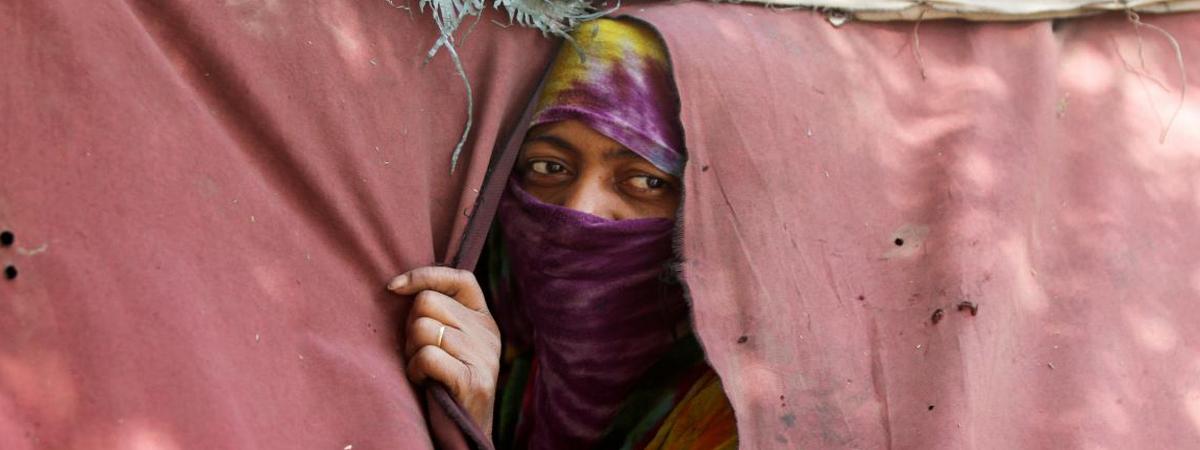Live
- Hyderabad Police Launch 'Operation Rope' to Address Traffic Issues
- Telangana CM Revanth Reddy Directs Swift Grain Procurement to Aid Farmers
- Imran’s supporters seize Islamabad
- ‘Modi, RSS wall’ blocking path of SCs, STs, OBCs
- Supreme Court judge Viswanathan shares awful flight experience
- All you need to know about PAN 2.0
- Akasa Air redefines travel experience with industry-first offerings
- MP: Residents stage protests against liquor shop in Indore
- Telugu Actor Shri Tej Booked for Alleged Cheating and False Promise of Marriage in Live-in Relationship
- Toyota Kirloskar Motor Celebrates 1 Lakh Urban Cruiser Hyryder on Indian Road









